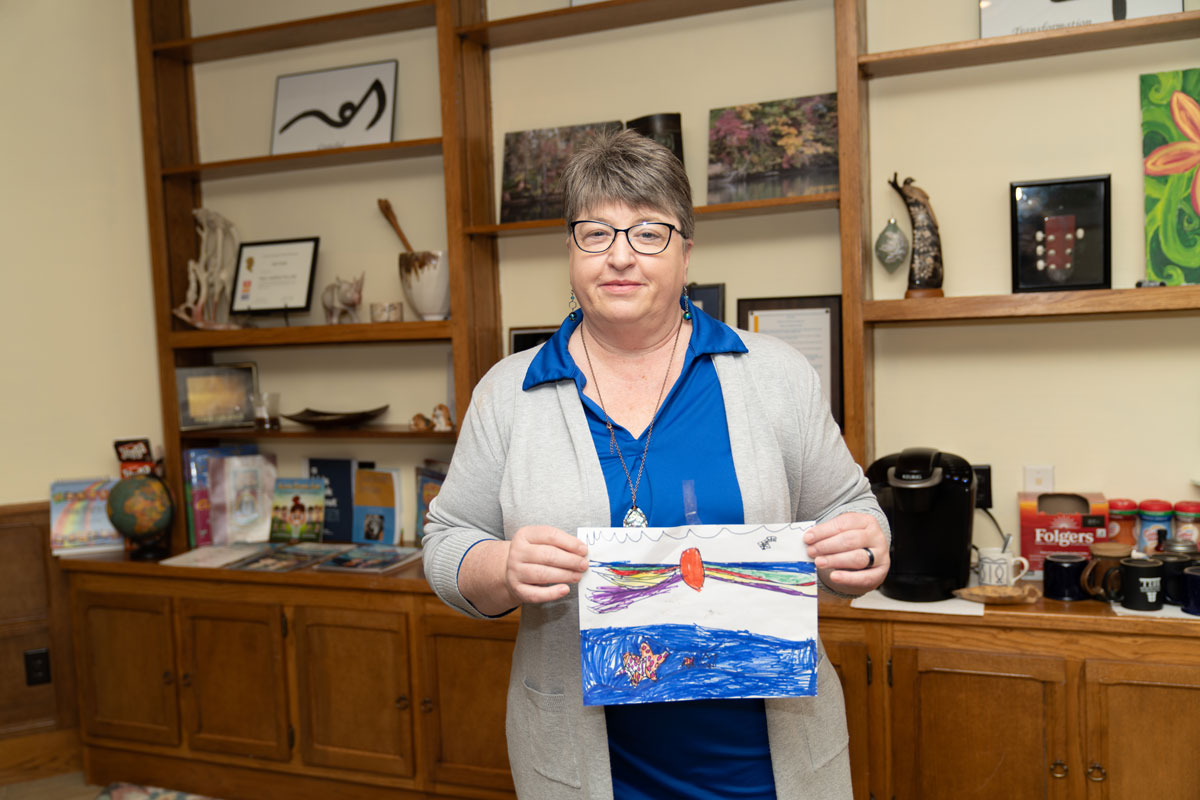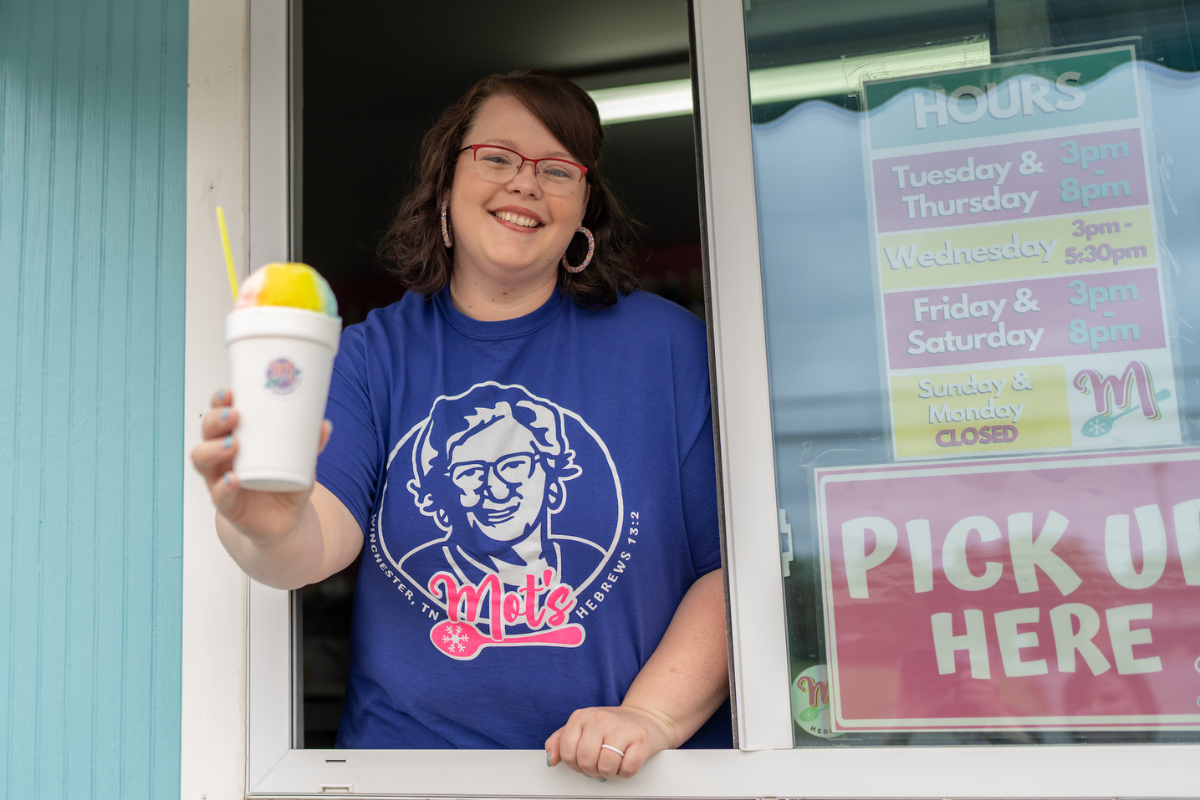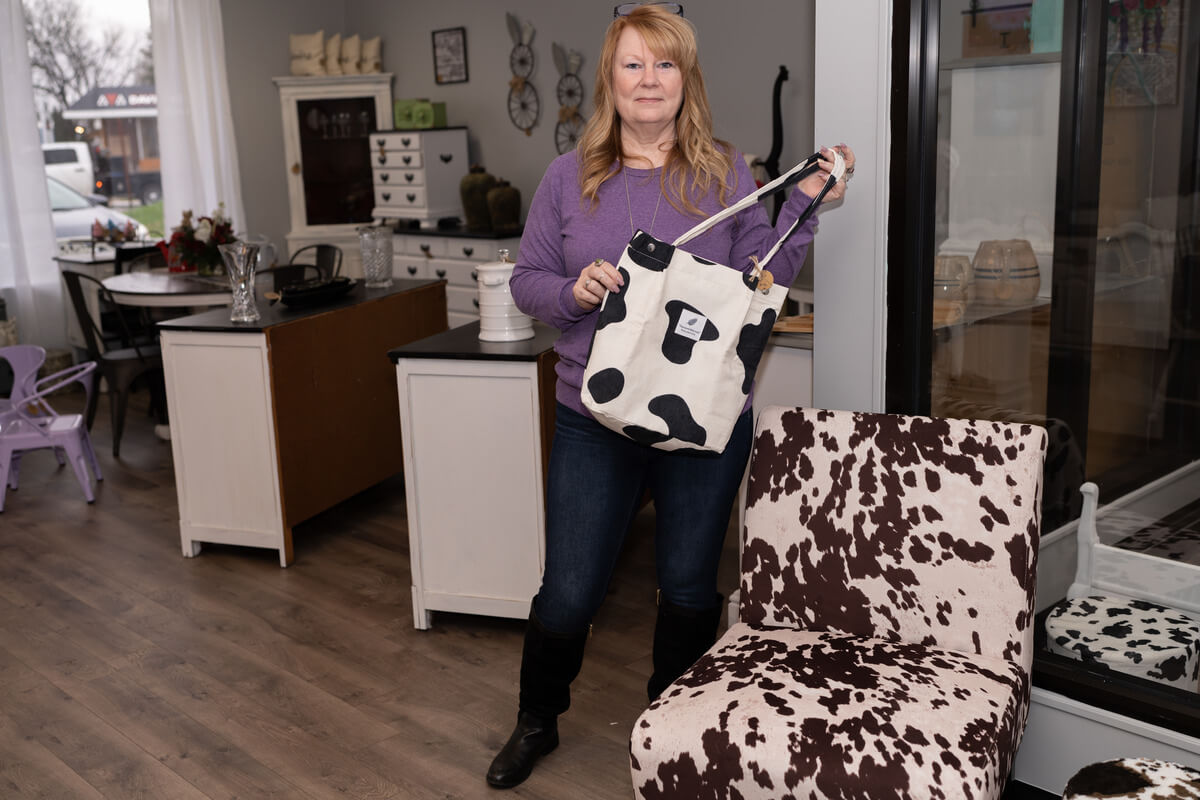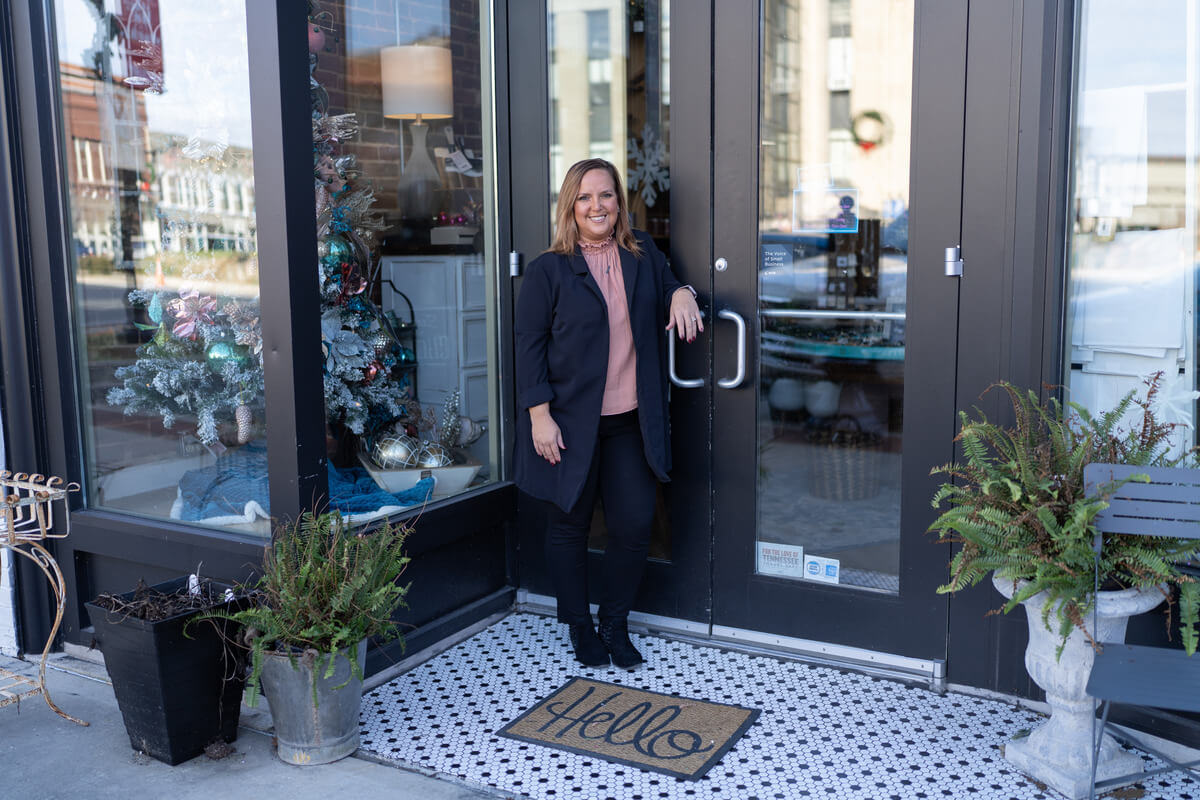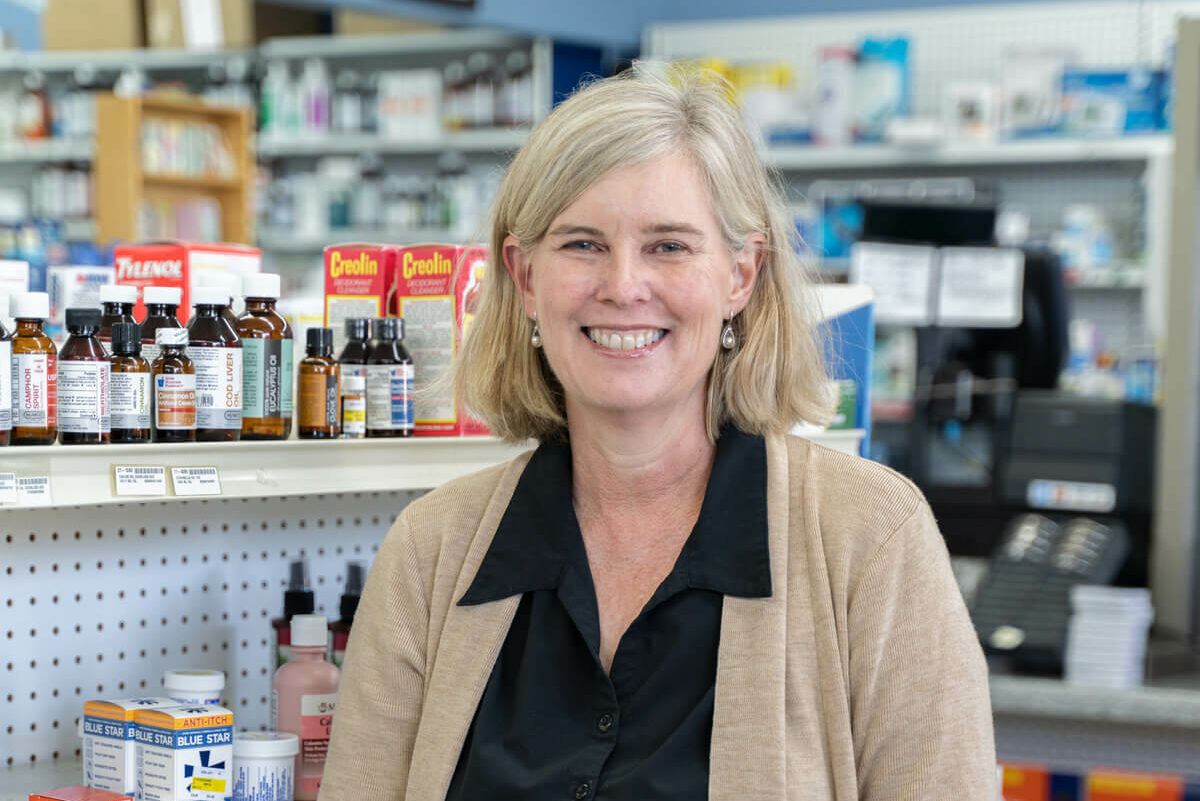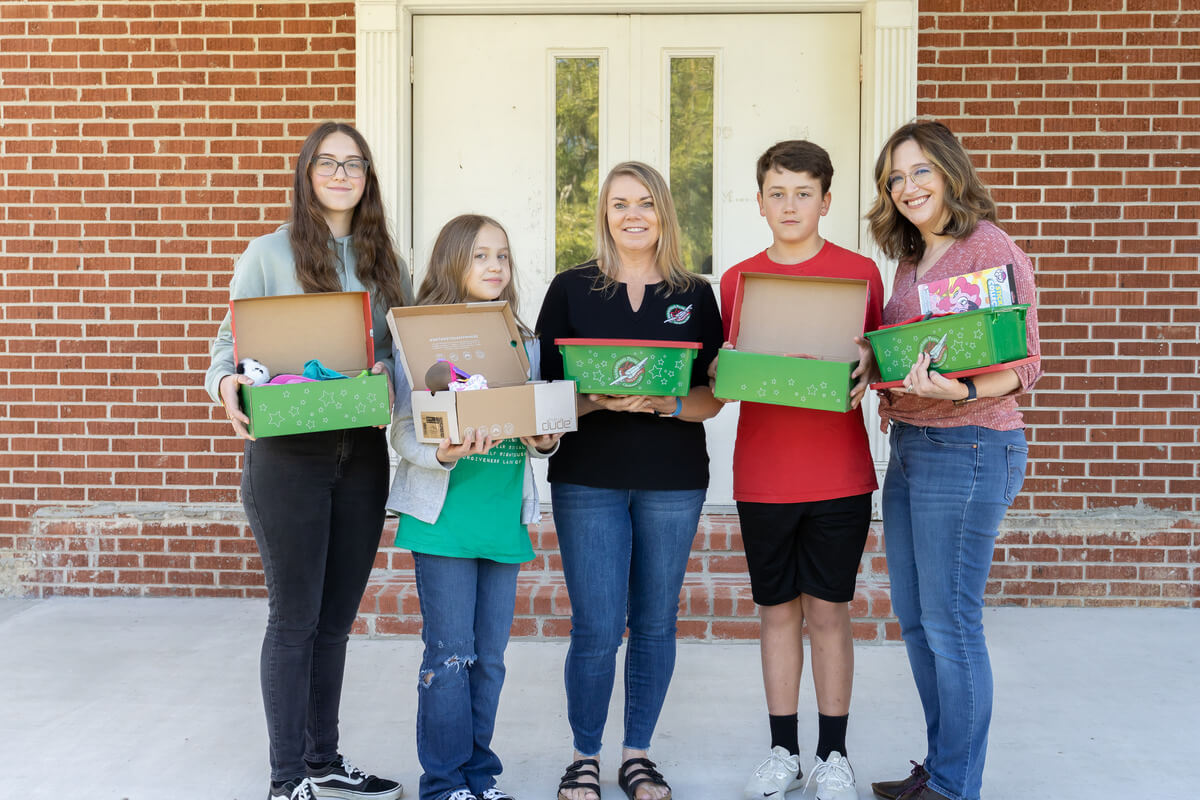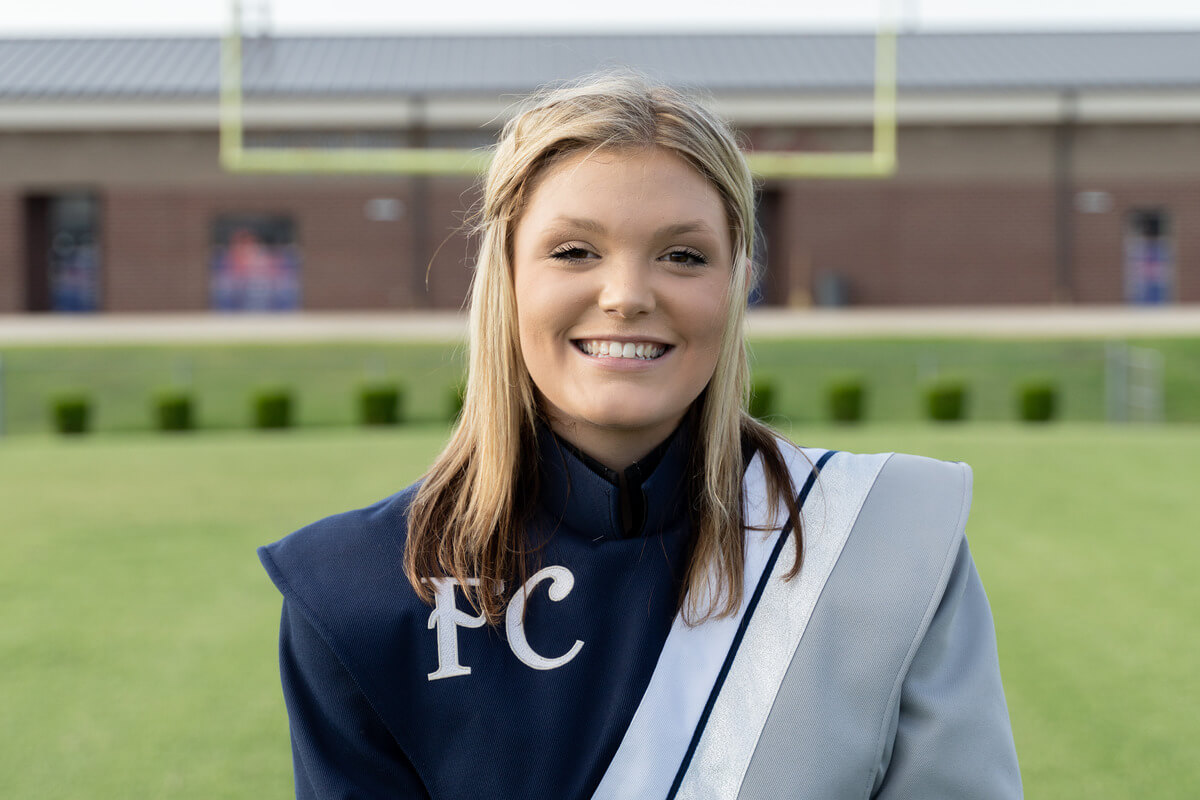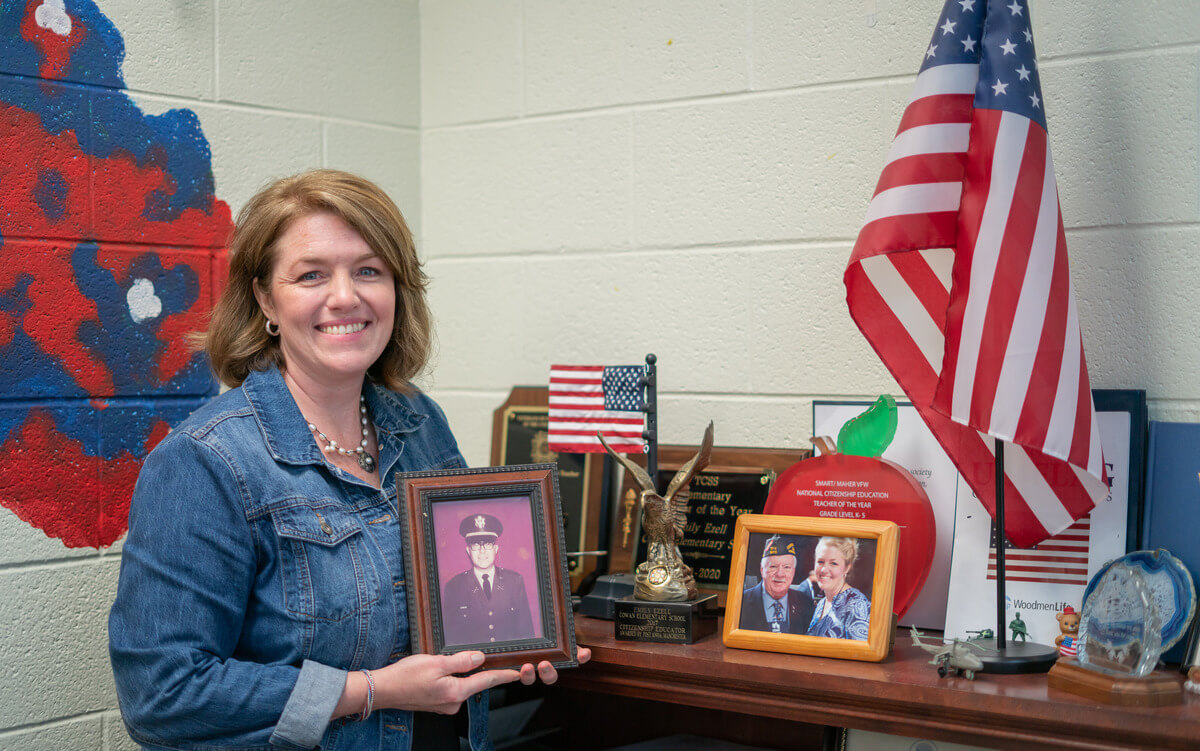IN THE beautiful city of Belvidere, Brad and Patti Coverdale are transforming their humble plot of land into a thriving, sustainable enterprise known as Chicken Little Farm. This farm specializes in fresh eggs and microgreens alongside a variety of other produce like lettuce, kale, tomatoes, green beans, and fresh herbs. What began as a simple idea has evolved into a prosperous farm committed to providing clean, nourishing food to local communities.
Their farming adventure started with an impulse decision to raise chickens for fun. With 31 acres at their disposal, the couple started with 18 chickens, expecting to have enough fresh eggs for themselves. However, the egg production quickly exceeded their needs.
“We were getting a lot of eggs,” Brad recalled. “So, we thought, what are we going to do with all these eggs?”
They approached the Swiss Pantry, a community favorite bulk food store, and found an eager customer for their surplus. The Swiss Pantry loved their eggs and kept demanding more, leading Brad and Patti to engage in what they humorously call “chicken math.” Their flock grew to meet the increasing demand, and their farm business began to take shape.
They soon expanded their egg market beyond the Swiss Pantry, tapping into local venues like the Sewanee Farmers Market and Walnut Hill Coffee Company. As word spread about the quality of their eggs, they found a new world of opportunities and challenges.
“We had the girls [chickens] just keep laying eggs through the winter, which led us to look for other places to sell eggs,” Patti explained.

Another huge reward of farm life for Brad and Patti is their connection to the community. Working with local businesses to provide top-quality and sustainably sourced products makes their contribution to the community even grander. Working with chefs is an added bonus because of their appreciation for exceptional food.
“The Walnut Hill Coffee Company uses a lot of our eggs and some of our microgreens. Chef Jay is the second chef that we’ve had. It’s cool dealing with these chefs because they just think about food and things in a different way,” Patti said.
They also diversified into growing microgreens and other produce, which local farmers markets readily received.
The farm operates with a strong emphasis on sustainability and natural farming practices. Their chickens are free-range, providing them with a healthy environment that allows them to engage in natural behaviors.
“Exercise is good for any creature. It improves circulation and natural abilities to forage for food,” Patti said.

These practices result in healthier, happier chickens and, consequently, better-quality eggs. Customers often comment on the superior taste and richness of their eggs, with some noting that they can’t tolerate store-bought eggs but have no issues with those from Chicken Little Farm.
Microgreens, an increasingly popular health food, have also become a significant part of their business. They harvest these nutrient-dense plants at an early stage, in a controlled indoor environment, making them particularly rich in vitamins and minerals. Patti has taken the lead on microgreens, growing and harvesting them with the utmost care.
Community members actively seek out microgreens for their health benefits, especially those with specific dietary needs.
But their microgreens aren’t the only show-stoppers. Their Cherokee Purple tomatoes are also among Southern Middle Tennessee’s favorites.
One of Chicken Little Farm’s core values is community engagement and education. Brad and Patti are passionate about teaching others the benefits of locally grown, organic food.
“People are getting smarter and want to be healthier. The alternative is expensive — being sick is expensive,” Patti noted.

They encourage others to grow their own food and even encourage community members to cultivate gardens and grow lettuce in pots indoors year-round. Empowering individuals to take control of their food sources aligns with the broader farm-to-table movement, which embraces local, sustainable agriculture.
Though weather changes are inevitable, Brad and Patti struggle to adapt. The harsh winter of the previous year, which kept the chickens indoors for days to protect them from the cold, was a challenge. Despite these difficulties, Brad and Patti have remained committed to their principles, balancing growth with consistent quality and sustainability.
“We don’t want to become ‘big egg,’” Patti said. “We want to stay local.”
Brad and Patti’s future endeavors may consist of expanding their reach within the local community while maintaining high-quality, clean food. They dream of more people understanding the value of knowing where their food comes from and how it is produced.
“It’s a good feeling to look at your garden and see all this produce and say, ‘I did that,’” Brad said.
“Not only that, but you feel like if you had to, you could provide for yourself,” Patti added.
Chicken Little Farm is proof of what is possible when a vision and a commitment to sustainability come together. Brad and Patti’s farm thrives on building a healthier, more connected community by growing and sharing food. Their evolution from a few chickens to a diversified farm shows us the power of the farm-to-table movement. It inspires others to embrace the benefits of locally grown, organic produce. GN





